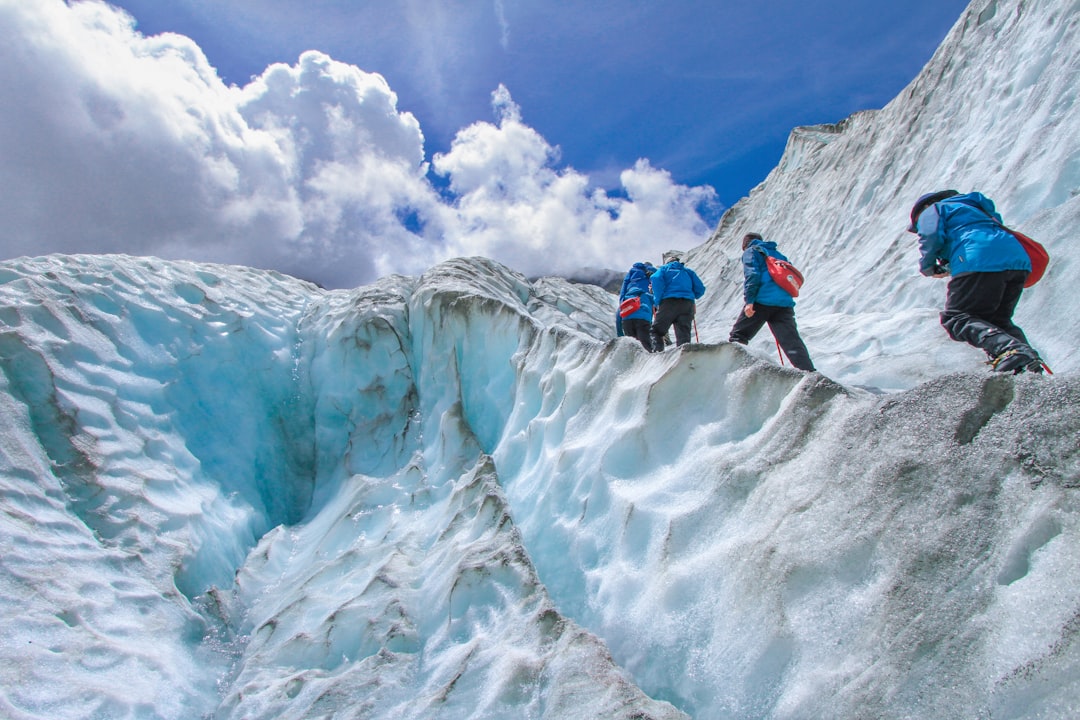
Traveling has never been easier or more accessible, but the art of doing it smartly is a skill that can take years to master. With the world at our fingertips, it’s easy to get overwhelmed by options. In this guide, we’ll explore how to travel smarter, ensuring that your adventures are not only memorable but also efficient and enriching.
First off, let’s talk about planning. Gone are the days when you had to rely on travel agents or thick guidebooks. Today, a plethora of apps and websites can help you customize your journey. Tools like Google Maps allow you to plot your journey, while TripIt can help organize your itinerary in one place. But here’s the catch—don’t overplan! A rigid schedule can stifle spontaneity, which is often where the most magical moments of travel happen. Consider leaving some time unplanned, allowing you to explore a hidden gem or interact with locals.
Next, let’s discuss accommodations. The rise of platforms like Airbnb and Couchsurfing has changed how we approach lodging. While hotels offer comfort, they can often feel impersonal. Instead, consider opting for a local stay. Not only can this be more budget-friendly, but it can also provide you with an authentic experience. You might end up sharing stories with your host or discovering the best local eats that you wouldn’t find in a travel brochure.
When it comes to budgeting, traveling smartly means knowing where to splurge and where to save. While it might be tempting to pinch pennies everywhere, allocating your budget towards experiences rather than things can be a game-changer. Want to try skydiving in New Zealand? Go for it! But maybe consider cooking some meals instead of dining out every night. Markets and street food often provide the most delightful culinary experiences and are often much cheaper than restaurant meals.
Packing is another area where many travelers falter. The golden rule is to pack light—take only what you need and be strategic about it. Choose versatile clothing items that can be mixed and matched. Roll your clothes instead of folding them to save space and reduce wrinkles. Don’t forget a reusable water bottle! Not only is this eco-friendly, but it also ensures you stay hydrated without spending money on bottled water.
Now, let’s talk about the actual travel experience. When you’re on the road, make an effort to engage with your surroundings. Learn a few key phrases in the local language; this small effort can go a long way in breaking down barriers and fostering connections. Participate in local events, whether it’s a festival, workshop, or a community gathering. These experiences often provide insights into the culture that you won’t find in any guidebook.
One of the most significant benefits of traveling is its psychological impact. Stepping out of your comfort zone can boost creativity and problem-solving skills. It also allows you to gain perspective, making you appreciate the diversity of life. So, when you’re planning your next trip, keep in mind that it’s not just about the destination—it’s about the journey, the lessons learned, and the memories created.
Lastly, embrace technology but know when to disconnect. Share your adventures on social media, but don’t let it consume your experience. Take the time to appreciate your surroundings without the filter of a camera lens. Some of the best moments are the ones that happen when you’re fully present.
Travel is a powerful teacher, and with a few smart strategies, you can make the most of your adventures. Whether you’re trekking through the Andes or lounging on a beach in Bali, remember to keep an open mind and a flexible spirit. So pack your bags, grab your passport, and get ready to unlock the world—one smart adventure at a time.